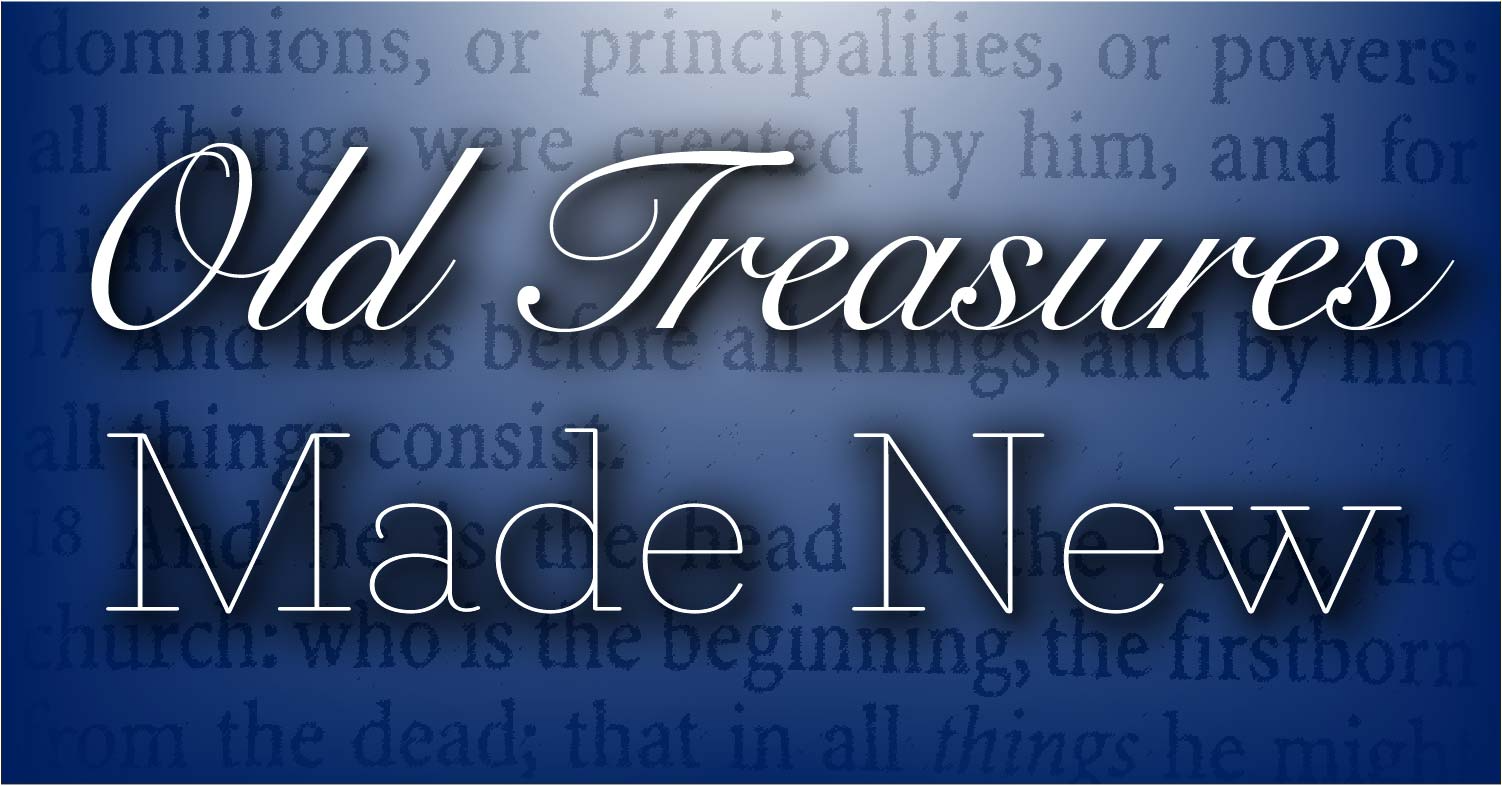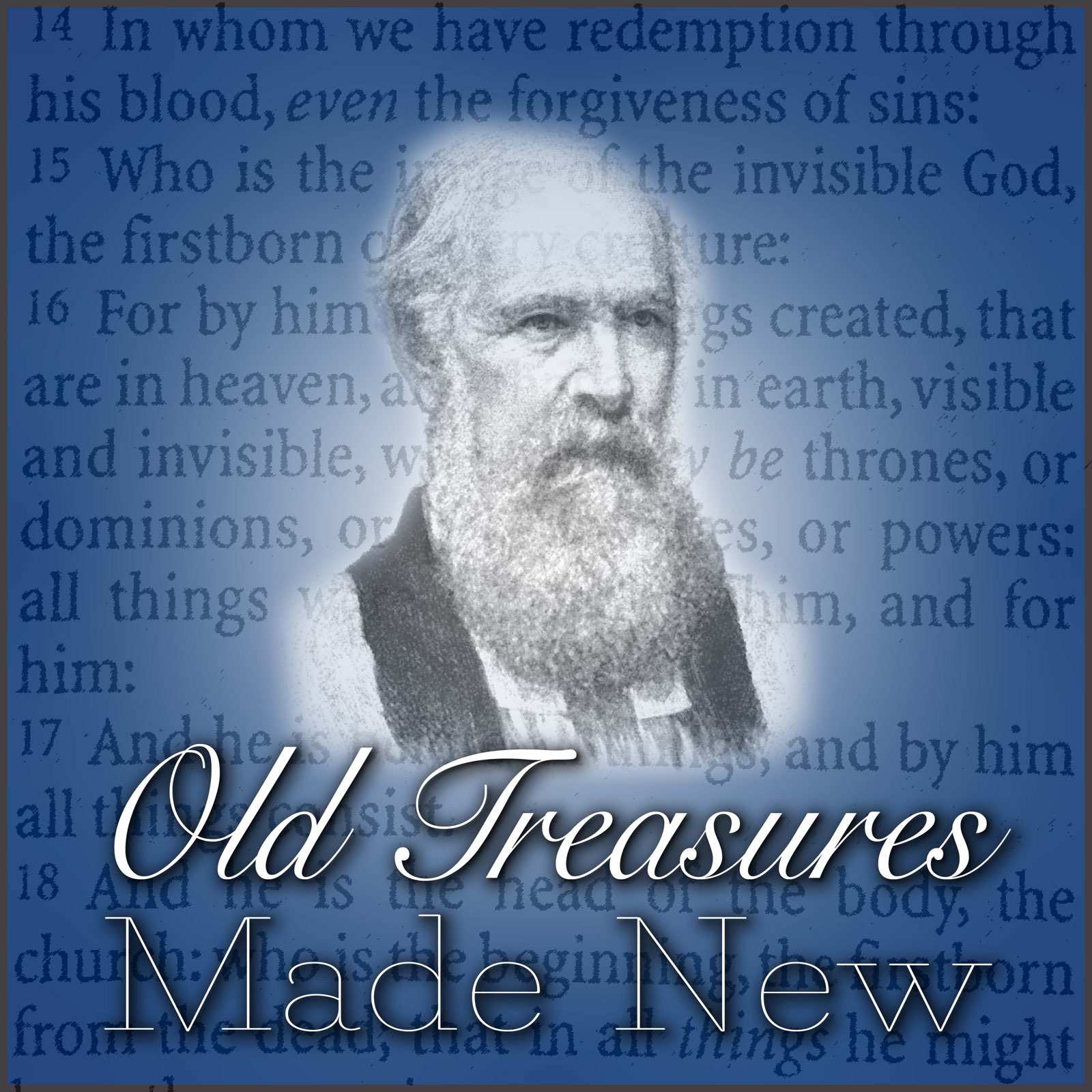Episode 173
Luke 1:1-4
Luke 1:1-4
- Luke gives us a short, but valuable, sketch of the nature of a Gospel. It is a narrative of facts about Jesus Christ.
- Luke draws a beautiful picture of the true position of the apostles in the early church. They are witnesses and ministers of the word.
- Luke describes his own qualifications for the work of writing a Gospel. He followed all things closely for some time past.
- Luke informs us of one main object he had in view in writing his Gospel: that Theophilus will have certainty concerning the things he was taught.
"The first preachers did not go up and down the world, proclaiming an elaborate, artificial system of abstruse doctrines and deep principles. They made it their first business to tell men great plain facts."
"They were men who counted it their highest privilege to carry about, as messengers, the tidings of God's love to a sinful world, and to tell the story of the cross."
"Let it be a settled principle with us in reading the Bible, that when we cannot understand a passage, or reconcile it with some other passage, the fault is not in the Book, but in ourselves. The adoption of this principle will place our feet upon a rock. To give it up is to stand upon a quicksand, and to fill our minds with endless uncertainties and doubts."
"Let us close the passage with thankfulness for the Bible. Let us bless God daily that we are not left dependent on man's traditions, and need not be led astray by ministers' mistakes."
Questions:
1. All theology is important and worthy of our study, but as Ryle points out, at the heart of Christianity is Christ. Is He the one we are seeking? Are different doctrinal points connecting us to the life of Christ or simply for argumentation?
2. The apostles were content to call themselves witnesses and ministers of the word. Do we elevate ourselves or our leaders to a position the Bible doesn’t give to them? Do we elevate leaders as something above servants of the word? Have we ceased to expect this of our leaders?
3. When faced with difficult doctrines, or struggle to reconcile seeming contradictions, do we place the blame on the Bible or our lack of understanding? Has trusting the inspiration of the Bible lead you to greater peace or unrest?
4. Are you thankful for the carefully written account that we have been given in the Scriptures? In the silence of where you sit, would you not give thanks to God that He has not left us without a witness, but has led men like Luke to write down what God wants to say to us?


